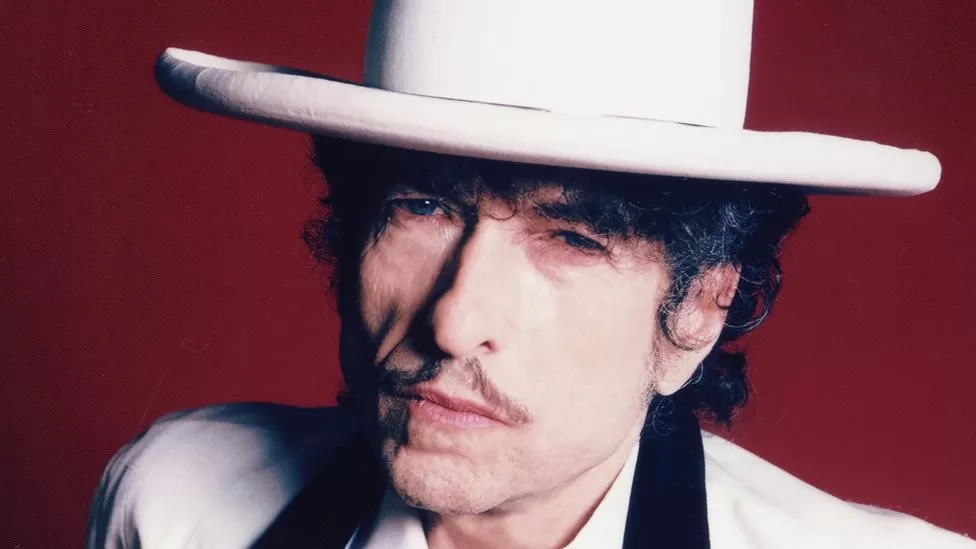In the early 1960s, a young Bob Dylan headed to New York City with dreams of folk stardom, inspired by his mentor Woody Guthrie. Dylan, a pioneer among singer-songwriters crafting protest songs in the 1960s, quickly became a key figure in the folk revival. His initial albums, following in the footsteps of Guthrie, delivered some of the greatest folk protest songs.
Dylan has always been a bold artist, from leaving The Ed Sullivan Show early in his career to founding Farm Aid in the 1980s, sticking firmly to his principles. The documentary “Don’t Look Back,” tracking Dylan’s 1965 UK tour, showcases his determination to follow his path, often stirring controversy, particularly when he decided to go electric.
By the mid-1960s, Dylan had built a devoted fanbase for his folk revival. Despite becoming a folk hero at the Newport Folk Festival in 1963 and 1964, Dylan sought more than repeating the same act. In 1965, he spontaneously incorporated the electric guitar into his set at Newport after organizers made dismissive remarks about the instrument.
Armed with a Fender Stratocaster, Dylan debuted beloved tracks like ‘Maggie’s Farm,’ ‘Like a Rolling Stone,’ and ‘It Takes a Lot to Laugh, It Takes a Train to Cry.’ Rather than embracing this new era, much of the audience booed, feeling Dylan had abandoned his folk roots.
While Newport is often cited as the electric turning point, the next gig at Forest Hills Tennis Stadium in New York solidified his departure from folk. Playing a split set, Dylan began acoustically with seven tracks before switching to a Stratocaster with an electric backing band. Despite his bold approach, Dylan reportedly prepared his fellow musicians for potential backlash.
“He told them to expect anything to happen—probably remembering Newport,” said photographer Daniel Kramer, present at the gig. “He warned them about possible yelling and booing, urging them not to be bothered.”
Dylan bid farewell to his acoustic folk origins with seven early career highlights. Starting with ‘She Belongs to Me,’ he proceeded with ‘To Ramona,’ ‘Gates Of Eden,’ and ‘Love Minus Zero/No Limit.’ The acoustic set took on a mournful tone as if Dylan was staging a farewell for his acoustic guitar, debuting ‘Desolation Row’ before concluding with ‘It’s All Over Now, Baby Blue.’
The final acoustic track was the seminal ‘Mr Tambourine Man,’ the same song that ended his controversial Newport appearance a month prior. Throughout his career, Dylan never bowed to others’ expectations, always forging ahead and innovating within his sound, despite occasional boos.
